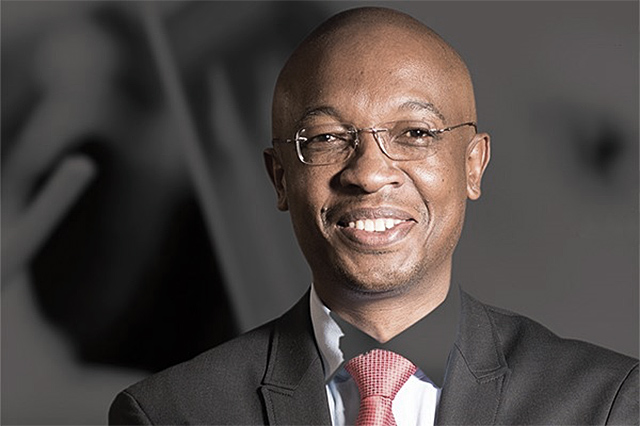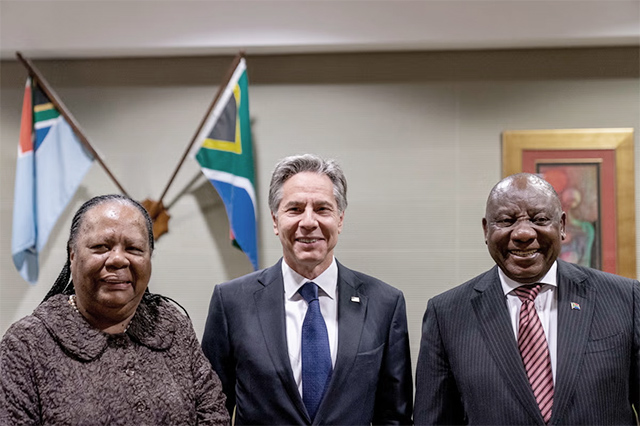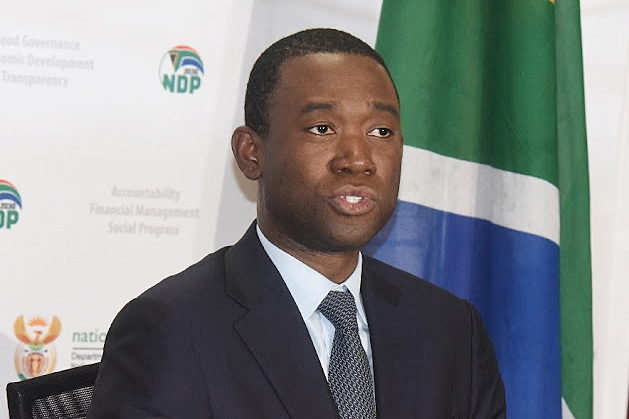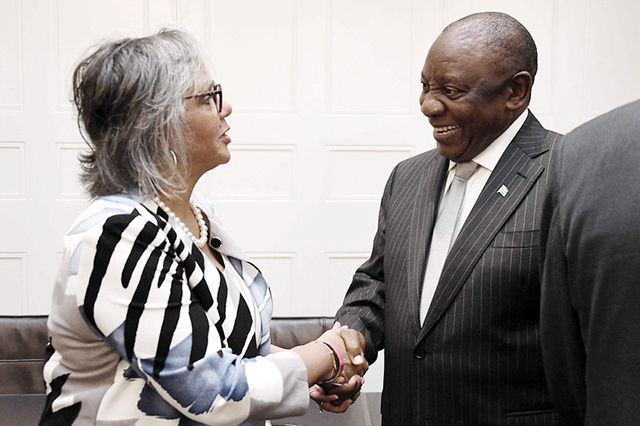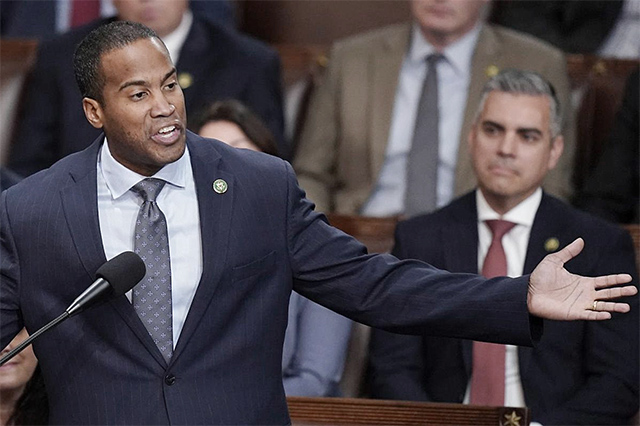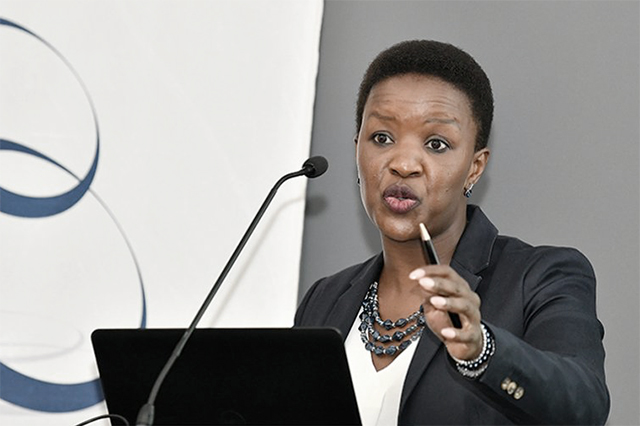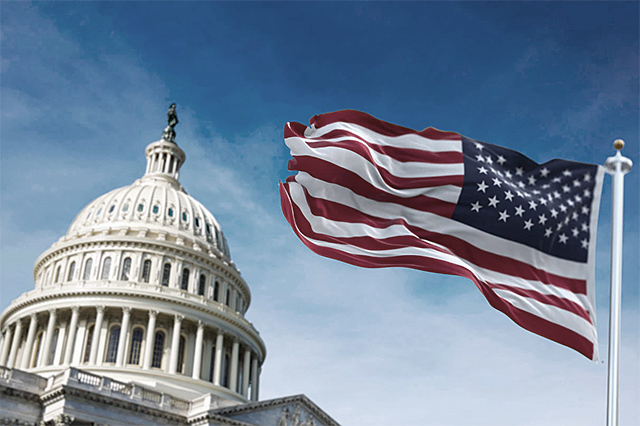Commentary: Where to after AGOA?
America has been rather late coming to the pan-African party. It was only 2014 – some 14 years after China and Europe, and 21 years after Japan – that it created a forum for showcasing its engagement with all of Africa, in the form of President Barack Obama’s US-Africa Leaders’ Summit in Washington.
But the United States (US) thinks it’s actually been doing just as much for Africa as the others, if not more, and for just as long – if not longer. After all, officials will tell you, it was in 2000 – the same year that China and the European Union (EU) launched their Africa forum – that Washington launched its African Growth and Opportunity Act (AGOA).
That gave non-reciprocal, duty-free access to the exports into the US of all eligible African countries (those which maintain a minimum level of free economics and politics) and not just least developed countries, as with China and the EU.
Yet China stole a march on the US by better showcasing its help to Africa. For instance, Chris Coons, Democrat Senator for Delaware, and a leading member of the Senate Africa sub-committee, told visiting South African journalists in his home state this week how annoyed he was during a visit to a hospital in Africa recently. His government was paying most of the high costs of actually running it, including most of the medicine and equipment and training for the doctors and nurses. ‘But it had Chinese writing on the front because Beijing built it,’ he said.
And, on a more substantial level, that of African market share, the US feels that it is now also losing out to the EU, as Brussels negotiates Economic Partnership Agreements (EPAs) with several regional blocs of African countries. Those will allow many EU products into African markets duty-free, putting US exporters at a distinct disadvantage with their main competitors, as the US Trade Representative Michael Froman, pointed out in a report to the AGOA Forum, which was held in Washington this week.
This was the issue that was really at the heart of the long and messy dispute South Africa had with the US over its chicken imports. South Africa had slapped huge and prohibitive anti-dumping duties on these imports. Meanwhile EU poultry producers had been selling chickens into the South African market entirely duty-free under the Trade, Development and Cooperation Agreement Pretoria negotiated with Brussels in 2000.
Washington felt that it was unfair that it was allowing so many South Africa imports into the US duty free while Pretoria was giving such a huge preference to EU poultry over US poultry. And so it threatened to exclude South Africa from AGOA, when it was extended for another 10 years last year.
Eventually the US managed to negotiate a quota of chicken imports at a lower rate and to overcome health barriers that Pretoria had also raised.
Froman also warned that China was about to embark on negotiating free-trade agreements (FTAs) with Africa, which would put US companies at an even greater disadvantage.
So one of the principal topics of this week’s AGOA Forum was how to structure a new, more normal and reciprocal trade relationship between the US and Africa after the current iteration of AGOA expires in 2025.
In a report entitled Beyond AGOA: Looking to the Future of US-Africa Trade and Investment, Froman and his office considered various options for a new type of economic relationship with the continent.
He noted that AGOA had achieved a lot in 16 years. Though much of the AGOA trade has been US buying African oil, Froman said AGOA had also helped African countries diversify their economies away from their dependence on natural resources. So total non-oil trade had grown from about US$13 billion a year to nearly US$30 billion. Of that, Africa’s non-oil exports – including automobiles (mainly South African), apparel and processed agricultural products – had almost tripled between 2001 and 2015, to US$4.1 billion.
But Froman also noted that sub-Saharan Africa’s share of global trade had nonetheless remained static over that period, at a miserly 2%. A large part of the problem was that by not opening their own markets more, Africa beneficiaries of AGOA were shooting themselves in the foot, by blocking entry of intermediate goods which would help them participate in global value chains.
So he recommended that the US should move beyond AGOA towards more conventional reciprocal trade relationships with Africa, probably gradually, via ‘stepping stones’ including ‘plurilateral’ deals, whereby African countries opened up their markets to specific goods, such as IT equipment.
He also proposed the US do more to help Africa solve the host of non-tariff impediments to trade, such as slow and inefficient customs procedures and poor infrastructure. And then of course, at the heart of the problem, are the supply-side constraints; all the factors that hinder the continent’s ability to make things the world wants to buy. Froman’s ‘stepping stones’ approach could, ostensibly, answer the doubts that South Africa’s Trade and Industry Minister, Rob Davies, raised about negotiating a more conventional FTA with the US.
Addressing Nedlac this month, he noted how well South Africa had done from AGOA. The US was the second-largest destination for SA exports globally in 2015 and many of those were manufactured goods.
But he cautioned that it would be very difficult for South Africa and the Southern African Customs Union (SACU) to negotiate a conventional FTA with the US because ‘the US has a very specific model for their negotiations and require countries to make comprehensive commitments on a wide range of areas, including investment and public procurement.’
This would limit SA and SACU’s ‘policy space’ to industrialise and diversify their economies, Davies said.
At the AGOA Forum, Davies and the other the African trade ministers issued a joint statement, expressing similar concerns and calling on the US for a much more gradual phasing-in of reciprocity in any post-AGOA deal, for lower quality standards in accepting African imports and for other help such as giving preference to African products when procuring goods for the US government.
Froman’s report suggests the US believes that larger African economies – like South Africa and Nigeria – are behind this emphasis on more ‘policy space,’ noting disapprovingly that these countries are experimenting with ‘nationalist economic policies.’ In the end this is a case study of the ideological stand-off, between free-market economics and state-directed economics, as the best route to development.
Jakkie Cilliers, Head of the African Futures and Innovation section of the Institute for Security Studies in Pretoria, backs Davies on this one. ‘Opening up African markets would simply increase our trade deficit and do nothing to help build manufacturing base. You can only participate in global value chains if you can add value, which much of Africa cannot do.’
He adds that the only way to build domestic manufacturing is to procure locally and support local industry.
‘Only the strong really advance full free trade. No country has developed its manufacturing base at early stages through free trade. You need to fund it, protect it and nurture it until it is mature enough to compete.’
Even so, South Africa and other ‘economic nationalists’ need to carefully consider their options. They could be bypassed by the US as it moves beyond AGOA into a new phase of normal trade relations, as Froman seemed to be suggesting, because they are just too different from their neighbours.
And the US political environment for free trade is also bad, with Republican presidential candidate Donald Trump vehemently opposing it and forcing his Democrat rival Hillary Clinton to do so too.
Coons said this week that as a result, he did not see the US moving to implement the huge free trade deals with the EU and with Pacific countries it has been negotiating.
But he did not envisage either a Trump or Clinton administration reaching back to kill AGOA.
However, one can envisage a new US administration taking a hard line on a post-AGOA deal.
- By Peter Fabricius




